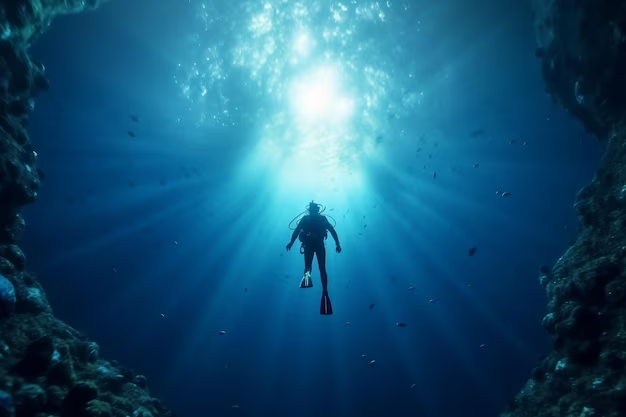weatherontheair.com – The oceans, covering approximately 71% of the Earth’s surface, are the largest and least explored ecosystems on our planet. These vast bodies of water are not only crucial for the Earth’s climate and weather patterns but also harbor a rich diversity of life, much of which remains unknown to science. The deep blue sea, with its hidden valleys, mountains, and trenches, offers a glimpse into a world that is both alien and essential to our own.
The Importance of Ocean Exploration
Exploring the oceans is not just a matter of curiosity; it is a necessity for understanding our planet’s health. The oceans play a significant role in regulating the Earth’s climate, absorbing a large portion of the carbon dioxide and heat from the atmosphere. They are also a source of food, medicine, and economic opportunity for billions of people. However, human activities such as pollution, overfishing, and climate change are threatening the delicate balance of marine ecosystems.
Technological Advances in Ocean Exploration
The exploration of the deep sea has been revolutionized by advancements in technology. Remotely operated vehicles (ROVs) and autonomous underwater vehicles (AUVs) allow scientists to explore the ocean depths without risking human life. These machines are equipped with cameras, sensors, and robotic arms, enabling detailed observations and sample collection from the most inaccessible parts of the ocean.
Discoveries in the Deep
Ocean exploration has led to the discovery of new species, some of which are found nowhere else on Earth. The deep sea is home to creatures that have adapted to extreme conditions, such as high pressure, darkness, and cold temperatures. These discoveries not only expand our knowledge of biodiversity but also provide insights into the potential for life in extreme environments beyond Earth.
The Role of Conservation
As we continue to explore the oceans, it becomes increasingly clear that conservation efforts are essential. Marine protected areas (MPAs) and international agreements aim to safeguard marine ecosystems and the services they provide. Education and public awareness are also critical in fostering a connection between people and the oceans, encouraging sustainable practices that protect these vital resources for future generations.
Conclusion: A Call to Action
The oceans are a treasure trove of life, mystery, and potential. As we delve deeper into the blue, we must remember that our actions have consequences. The health of the oceans is inextricably linked to the health of our planet and its inhabitants. It is our responsibility to explore the deep blue with respect and to protect it for the benefit of all life on Earth.
